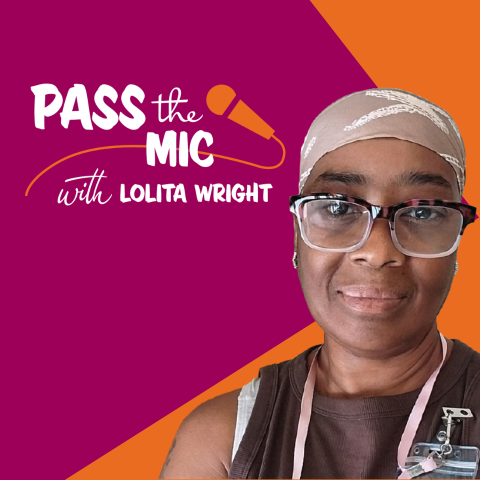Substance Use-Disorder Legislation: A Step in the Right Direction
Earlier this month, Congress and the Administration passed The Substance Use-Disorder Prevention that Promotes Opioid Recovery and Treatment for Patients. This legislation builds upon past grants and provisions to address opioid and substance use disorders through expansions of medication-assisted treatment, recognition of peer supports as crucial to recovery, and acknowledgement of housing as part of the broader solution.
The President is expected to sign the bill into law next week, but much work remains. According to the National Health Care for the Homeless Council's Senior Director of Policy, Barbara DiPietro, this legislation is a "patch work" of incremental changes that is a step in the right direction, but does not make the substantive changes needed to fully address the addiction crisis. Further measures need to be taken, such as the funding in the CARE Act, discussed by Congressman Elijah Cummings and Senator Elizabeth Warren during their visit to our Downtown clinic in July.
For now, members of the National Health Care fore the Homeless Council identified five priority areas from this legislation related to our work and mission:
Expand funding for housing through:
- Recognizing that housing plays a huge part in substance use recovery. Once signed, reports on success related to housing and substance use recovery will be created and used to build best practices for future housing programs. According to National Health Policy Organizer Regina Reed, while these provisions "are no where near what we wanted, we were happy to see that housing was even mentioned. We are always excited when housing is mentioned with health care - it's so rare."
Expand access to evidence-based addiction treatment through:
- Authorizing clinical nurse specialists, certified nurse midwifes and certified registered nurse to dispense MATs for five years, and giving permanent prescribing authority to physician assistants and nurse practitioners. Also, allowing waivered practitioners who are board certified in addiction medicine or addiction psychiatry the immediate ability to treat 100 clients at a time, and qualified physicians the ability to prescribe MAT for up to 275 clients.
- Making small expansions to and solidifying the existence various Medicare and Medicaid treatment programs.
Increase capacity for emergency over dose response through:
- Expanding a grant program that allows first responders to administer naloxone and trains them on how to safely treat an opioid overdose.
Expand workforce opportunities through:
- Creating more opportunities and federal support for those in peer-support professions, not unlike our peer advocates, to work with clients experiencing a substance use disorder.
Increase capacity for hard reduction programs
- Despite our consistent provision requests to expand syringe service programs and safe consumption sites, they were not included in this legislation. Barbara is currently working the Harm Reduction Coalition to figure out how we can best utilize state and local resources to make safe use sites a priority.
More Recent News
After a year of serving as Practice Manager of West Baltimore, Alkema Jackson is moving into the new role of Director of Practice Operations, Community Sites! She joined Health Care for the Homeless in 2022 as the Client Access Project Coordinator, collaborating across departments to help more people connect to agency services, and in 2023, she received a Core Value Award for Hope. Read on to learn more about Alkema’s approach to this new position…
Meet Christana Greene, our new Director of Compliance! With more than five years in the compliance field—most recently as Senior Quality and Patient Safety Specialist at GBMC Healthcare—Chrissy brings frontline insight to the role. She began her career as a medical assistant, gaining firsthand experience in what it takes to keep care safe and operations running smoothly. In her new role, Chrissy is focused on building a compliance culture grounded in safety, integrity and accountability. Read on to learn more about Chrissy...
Baltimore gets dangerously cold, and too many of our neighbors are out there.Here are three simple things you can do to make a difference in someone’s life this winter.
Meet Lolita Wright, a mother and caregiver. Lolita is never leaving Baltimore. She shares her parents' love of music and determination.





